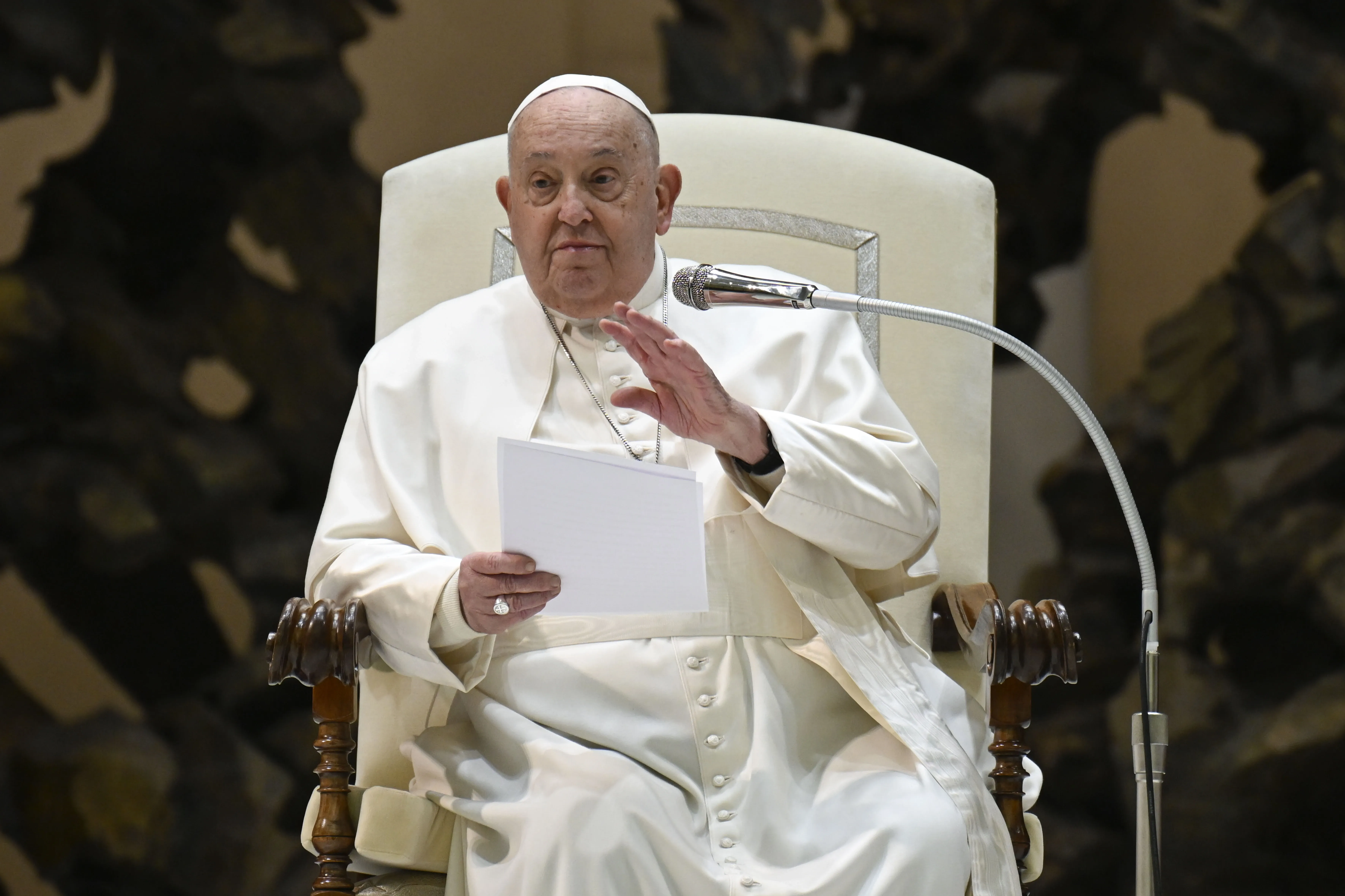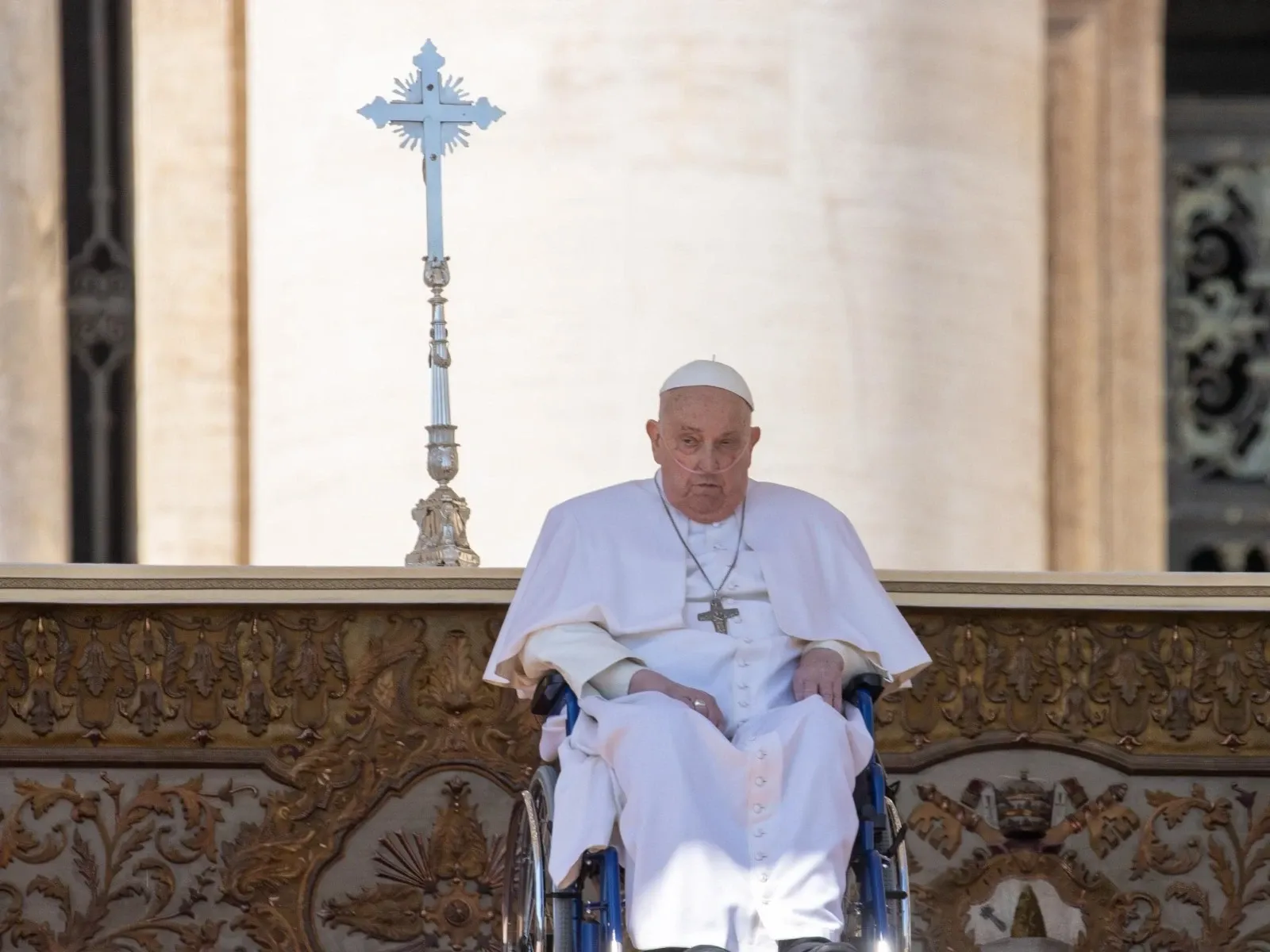Pope Francis penned the letter to U.S. bishops amid changes to U.S. immigration policy under President Donald Trump’s administration, including the increased deportation of migrants, which numerous bishops have criticized.
The pope’s letter recognized the “valuable efforts” of the U.S. bishops in their work with migrants and refugees and invoked God’s reward for their “protection and defense of those who are considered less valuable, less important, or less human!”
Asking Our Lady of Guadalupe to protect all those living in fear or pain due to immigration and deportation, he prayed for a society that is more “fraternal, inclusive, and respectful of the dignity of all” and exhorted Catholics and other people of goodwill “not to give in to narratives that discriminate against and cause unnecessary suffering to our migrant and refugee brothers and sisters.”
Francis emphasized that immigration laws and policies should be subordinated to the dignified treatment of people, especially the most vulnerable.
“This is not a minor issue: An authentic rule of law is verified precisely in the dignified treatment that all people deserve, especially the poorest and most marginalized,” he underlined. “The true common good is promoted when society and government, with creativity and strict respect for the rights of all — as I have affirmed on numerous occasions — welcomes, protects, promotes, and integrates the most fragile, unprotected, and vulnerable.”
He said the just treatment of immigrants does not impede the development of policies to regulate orderly and legal migration, but “what is built on the basis of force and not on the truth about the equal dignity of every human being begins badly and will end badly.”
The ‘ordo amoris’
In his letter, Pope Francis also weighed in on the Catholic concept of “ordo amoris” — “rightly ordered love” — which was recently invoked by Vice President JD Vance in the ongoing debate over immigration policy.
“Christian love,” the pope wrote, “is not a concentric expansion of interests that little by little extend to other persons and groups. In other words: The human person is not a mere individual, relatively expansive, with some philanthropic feelings!”
“The human person is a subject with dignity who, through the constitutive relationship with all, especially with the poorest, can gradually mature in his identity and vocation,” he continued.








